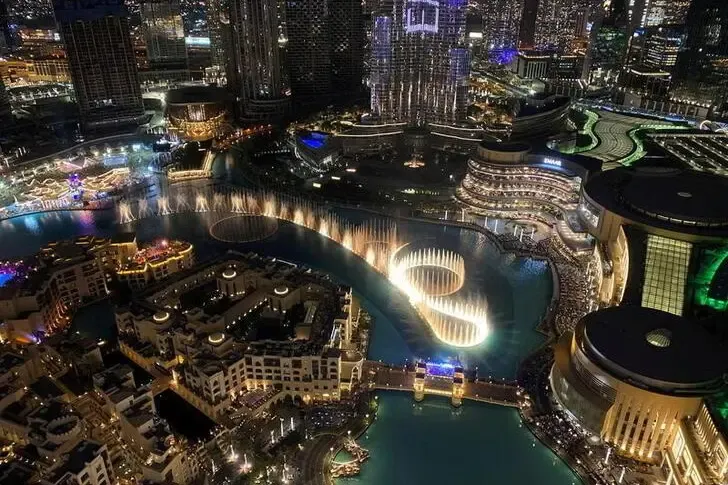Dubai Developers Internalize Construction to Capitalize on Booming Real Estate Market

Dubai developers are increasingly bringing construction in-house to gain greater control over timelines, costs, and quality standards, while aiming to capture a larger share of profits amid a booming property market. This marks a shift from the traditional reliance on third-party contractors.
Emaar Properties, known for developing the Burj Khalifa, has established its own construction unit, Rukn Mirage, under its subsidiary Mirage. Other developers such as Samana Developers, Ellington, and Azizi have also launched internal contracting arms in the past two years. Additionally, Arada has acquired part of an Australian contractor with plans to integrate it into its UAE operations by 2027.
This trend aligns with Dubai’s real estate surge, with property prices rising 70% over the past four years through December 2024, alongside government plans to double the population to 7.8 million by 2040. While property launches increased by 83% in 2024, completions dropped by 23%, reflecting pressure on delivery timelines.
The rapid growth has driven an influx of workers, mainly migrant laborers from South Asia, with high turnover rates among expatriate staff. Developers have also faced challenges in attracting bids from external contractors due to increased competition.
Samana Developers initially intended to allocate 20% of projects to its in-house construction arm but now manages 80-90% of new projects internally. Meanwhile, Emaar is adopting a hybrid approach, with some projects handled internally and others outsourced.
Developers are also tapping debt markets to fund land acquisitions and operations, as significant buyer payments remain in escrow until project handovers. Funds are released only after final inspections, with a one-year grace period before buyers can request refunds.
Ownership structures of developers vary and include founding families, public investors, and Emirati sovereign wealth funds. Timely project completion is crucial to unlocking cash flow for shareholder distributions and funding expansion plans both within the UAE and internationally. Avoiding penalties for delivery delays is also a priority.
Owning the entire pipeline from land purchase to handover provides developers with greater certainty in an unpredictable market and supports the UAE’s broader goal of enhancing self-reliance in key sectors.
However, internalizing construction activities carries risks, such as the potential dilution of focus across multiple functions including land acquisition, sales, marketing, procurement, and site management. There is also the danger of underutilized construction capacity during market downturns, leading to idle equipment and facilities.
As a result of this shift, independent contractors may increasingly seek opportunities outside the real estate sector, targeting government infrastructure, manufacturing, or oil and gas projects.
)
)